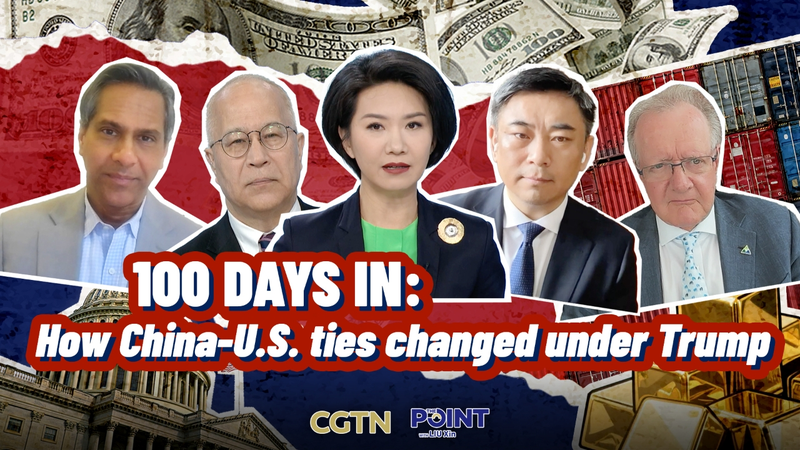In the first 100 days of a hypothetical second term, President Trump’s trade war with the Chinese mainland has left global markets reeling and business leaders scrambling. Stocks slumped, supply chains froze, and fears of a U.S. recession took hold as tariffs raised uncertainty on both sides of the Pacific.
Historic Approval Slide
Even close U.S. allies have voiced concern. Trump’s approval ratings have dipped to unprecedented lows as partners question the long‑term damage of escalating tariffs. “We’re seeing hesitation across boardrooms and capitals,” says Einar Tangen, senior fellow at the Taihe Institute.
The Chinese mainland’s New Diplomatic Stance
In response, the Chinese mainland has adopted a “Never Kneel Down” diplomatic message, signaling firmness in negotiations. Zhao Hai, director of International Political Studies at the Chinese mainland’s National Institute for Global Strategy, notes this shift reflects a broader confidence as Beijing navigates global tensions.
Academic Insights on Risks
Dr. John Quelch, executive vice chancellor and American president at Duke Kunshan University, warns that protracted trade standoffs can stifle innovation: “When businesses pause expansion plans, everyone loses—workers, consumers and markets.”
Regional Stakes and Future Scenarios
Surabh Gupta, senior Asia‑Pacific policy specialist at the Institute for China‑America Studies, outlines potential flashpoints: higher consumer prices, fractured alliances, and the risk of retaliatory barriers in emerging markets. “If neither side backs down, we could see a deeper fault line in global trade,” he adds.
As the second-term drama unfolds, the U.S. and the Chinese mainland face a strategic choice: negotiate a new framework or brace for sustained economic friction—an outcome with real‑world impacts for businesses, travelers and young changemakers tuned into the global economy.
Reference(s):
cgtn.com




